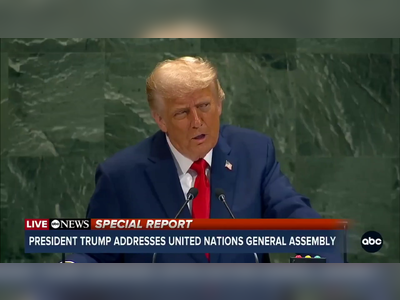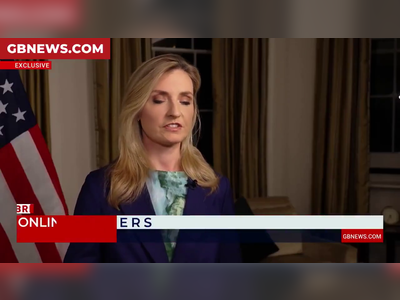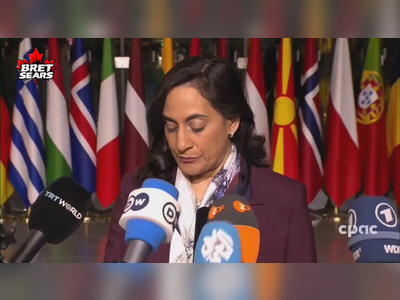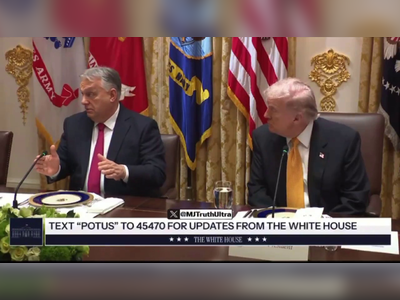Moderna Faces Challenges Amid Changing U.S. Vaccine Policies
Once celebrated for its mRNA COVID-19 vaccine, Moderna now contends with shifting governmental support and market volatility.
Moderna, a biotechnological company known for its messenger RNA (mRNA) vaccines, gained significant prominence during the early stages of the COVID-19 pandemic.
The company received considerable backing from the Trump administration, which facilitated the rapid development and distribution of its vaccine, helping to protect millions globally against the coronavirus.
However, as the political landscape has shifted with the new administration, Moderna has encountered challenges resulting from changes in U.S. vaccine policies.
In 2021, Moderna's stock reached an all-time high of $484, reflecting robust demand and market confidence in the company's innovative vaccine technology.
Current valuations show a striking decrease, with shares recently trading around $25, indicating a significant market correction and raising concerns about the company's future prospects.
The declining stock price is viewed in the context of diminished government support for vaccine manufacturers, especially as the Biden administration has adopted a more cautious approach to public health measures and budget allocations related to COVID-19 vaccines.
Modifications to federal contracts and a reassessment of vaccine distribution also contribute to Moderna's challenging business environment.
Analysts are monitoring the situation, noting that the evolving regulatory framework and public health priorities may affect the exploration of further vaccine applications and the overall trajectory of mRNA technology within the pharmaceutical landscape.
As the company navigates these shifts, its research initiatives and potential adaptations in vaccine deployment strategies will be critical in determining its resilience in a post-pandemic market.
The company received considerable backing from the Trump administration, which facilitated the rapid development and distribution of its vaccine, helping to protect millions globally against the coronavirus.
However, as the political landscape has shifted with the new administration, Moderna has encountered challenges resulting from changes in U.S. vaccine policies.
In 2021, Moderna's stock reached an all-time high of $484, reflecting robust demand and market confidence in the company's innovative vaccine technology.
Current valuations show a striking decrease, with shares recently trading around $25, indicating a significant market correction and raising concerns about the company's future prospects.
The declining stock price is viewed in the context of diminished government support for vaccine manufacturers, especially as the Biden administration has adopted a more cautious approach to public health measures and budget allocations related to COVID-19 vaccines.
Modifications to federal contracts and a reassessment of vaccine distribution also contribute to Moderna's challenging business environment.
Analysts are monitoring the situation, noting that the evolving regulatory framework and public health priorities may affect the exploration of further vaccine applications and the overall trajectory of mRNA technology within the pharmaceutical landscape.
As the company navigates these shifts, its research initiatives and potential adaptations in vaccine deployment strategies will be critical in determining its resilience in a post-pandemic market.











